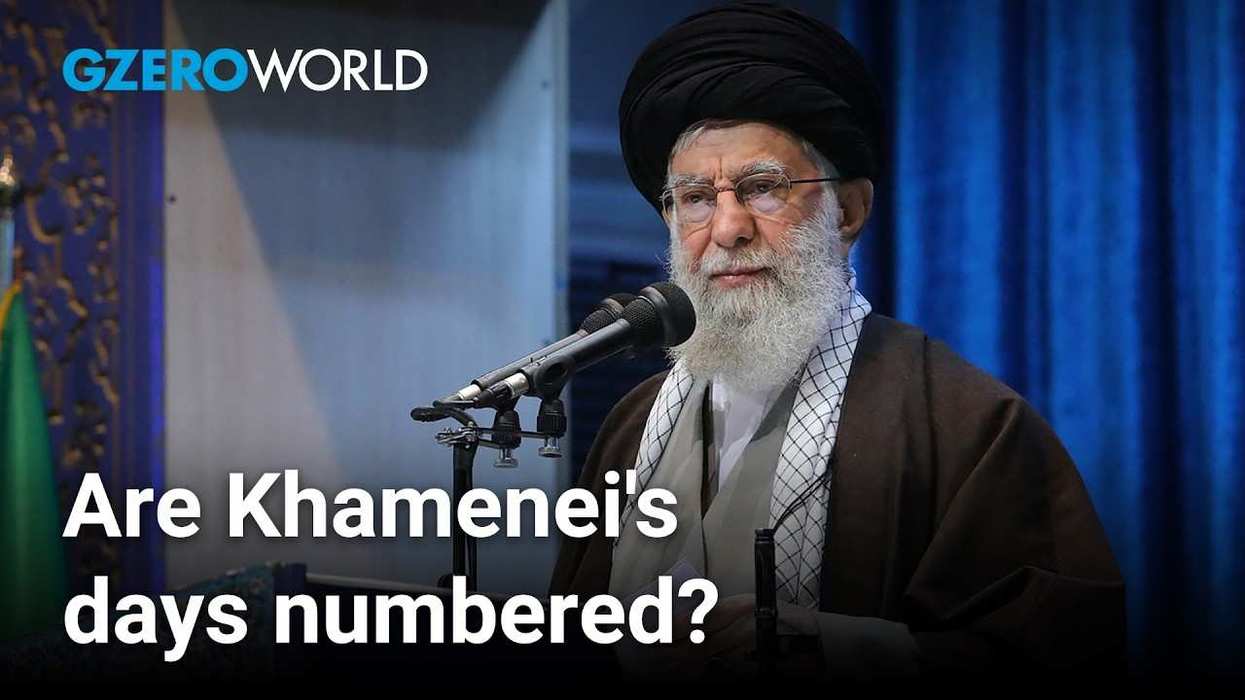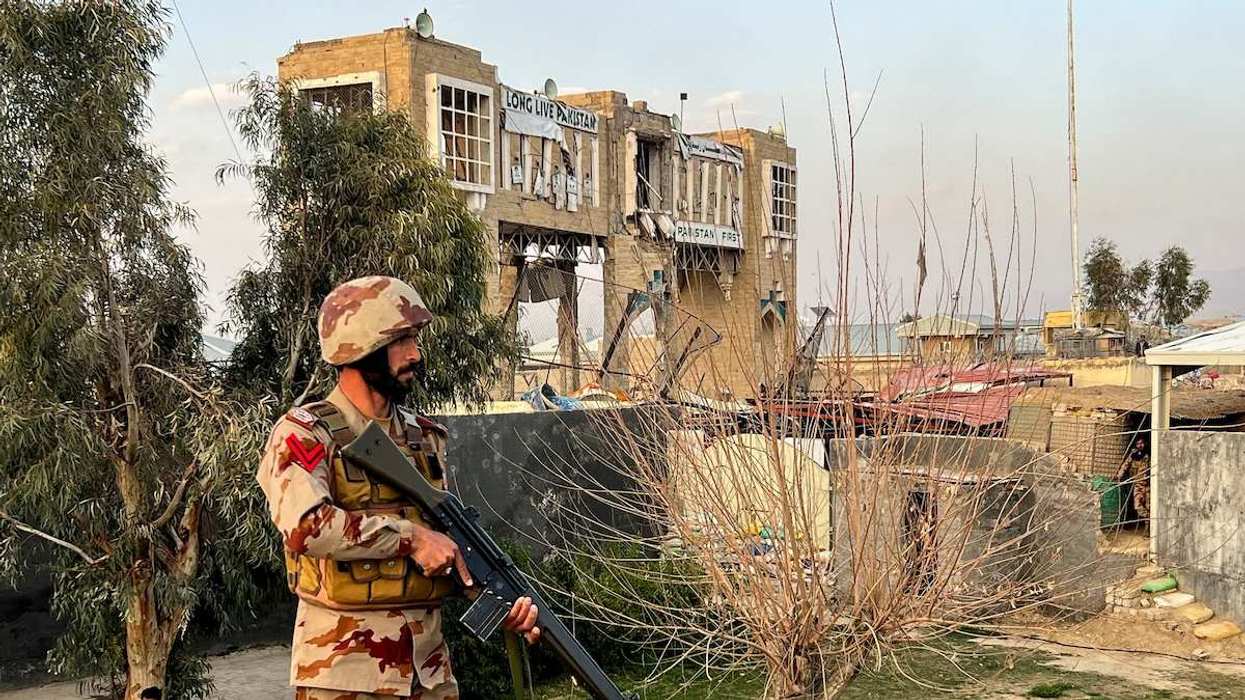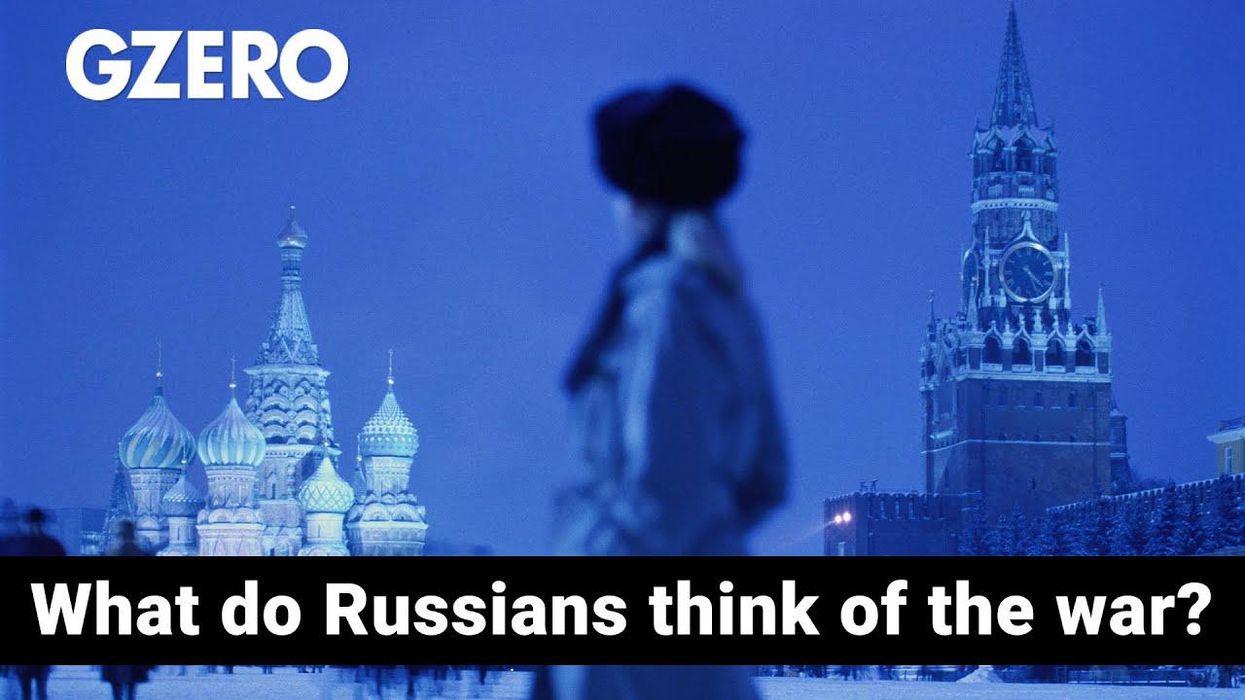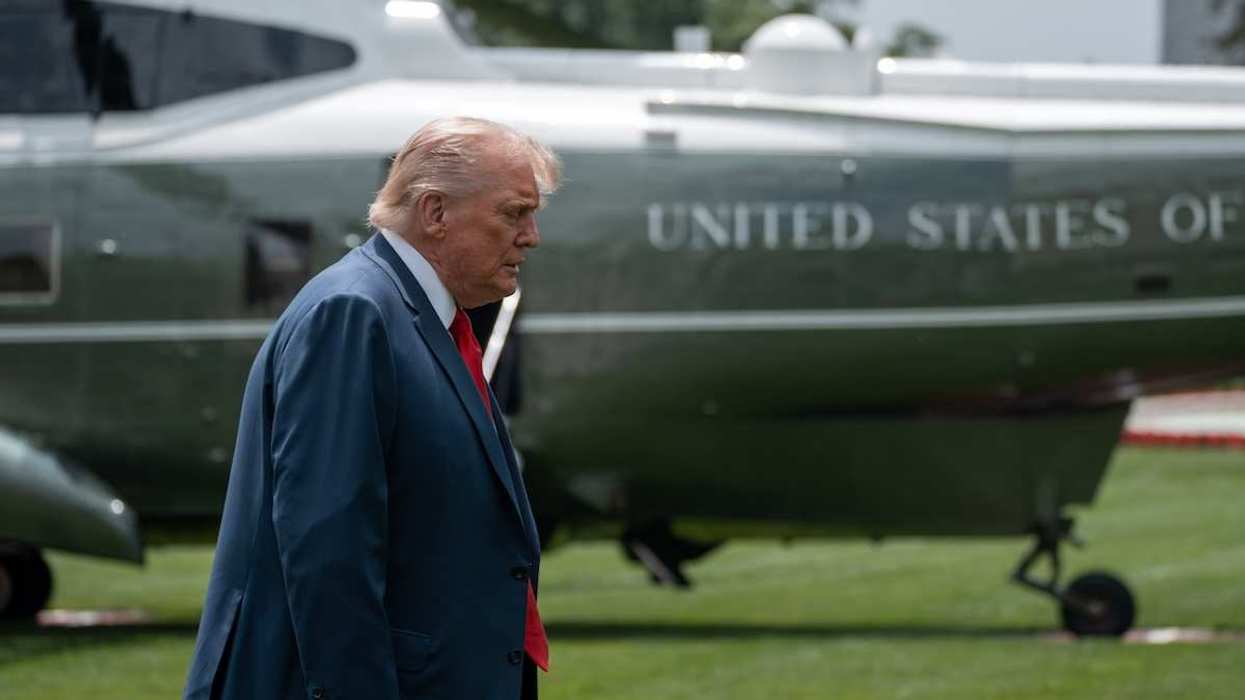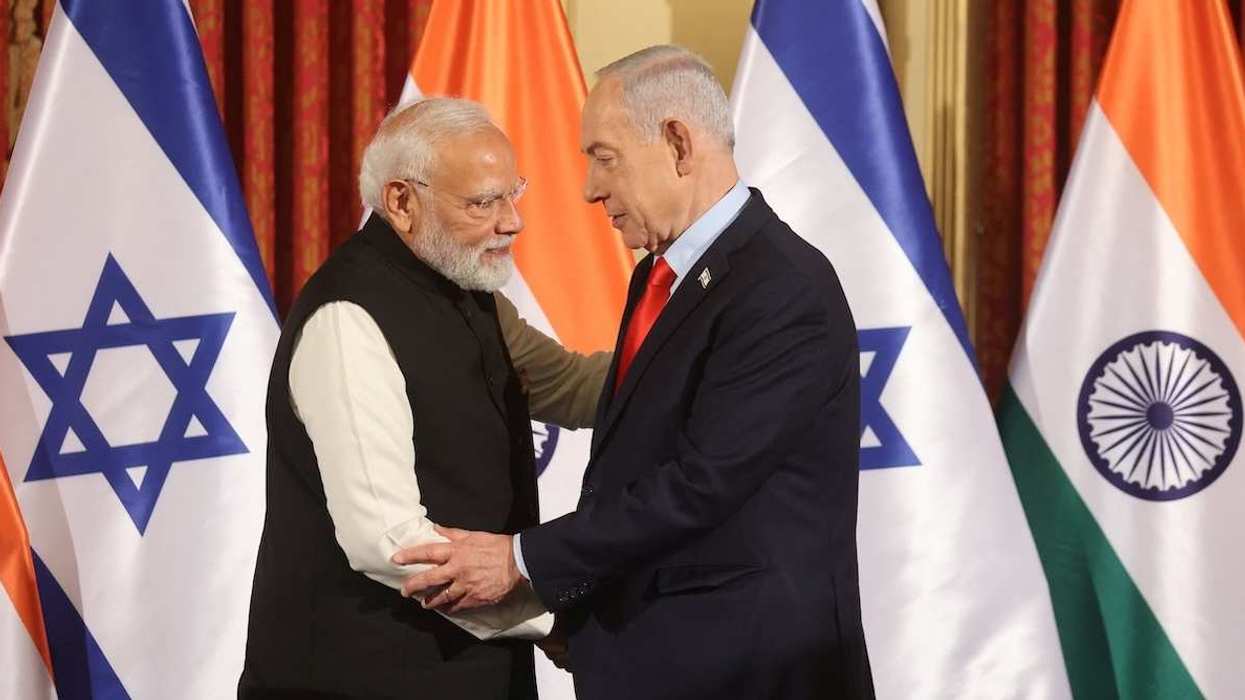It has been a long four years since the free trade deal between Brussels and Latin America’s largest trade bloc was agreed in principle, but all sides now, finally, look close to signing on the dotted line.
European Commission President Ursula Von der Leyen and Brazilian President Luiz Inácio Lula da Silva plan to meet on the sidelines of the COP28 summit in Dubai to push through the final hurdles. If all goes well, the European Commission’s vice president for trade may attend the Mercosur summit in Rio de Janeiro on December 7 and bring an early Christmas present home for EU exporters.
The deal would create an integrated market of over 780 million consumers, one of the largest in the world. The European Commission estimates it will save over $4.4 billion in tariffs alone, and give Europe better access to minerals crucial for renewable energy applications. Farmers in Mercosur countries meanwhile – that’s Brazil, Argentina, Paraguay, and Uruguay, with Venezuela suspended, and Bolivia joining soon – are expected to get a nice boost, too, especially for their exports of beef, coffee, and soybeans to the EU.
So what’s the holdup? Environmental concerns, mostly. Some European member states have pushed for stricter external monitoring and protections against Amazon deforestation than Brasilia can stomach.That said, Lula has signaled he is ready to compromise in order to make good on his earlier pledges to revitalize Mercosur as a formidable trade power.
And Brussels has its own reasons to be flexible: after failing to land big potential deals with India and Australia, a third major trade failure could pose problems for the centrist coalition presently in charge as it tries to fend off surging right-wing challengers in upcoming EU parliamentary elections.
The effort could still fall short, but Eurasia Group expert Julia Thomson says all sides are aware the moment of opportunity is ephemeral.
“Even if they can't get everything they're expecting,” she says, “negotiators will try to advance the deal.”
But if they don’t, she warns, “it will probably go back into the fridge and take ages to be rediscussed.”


